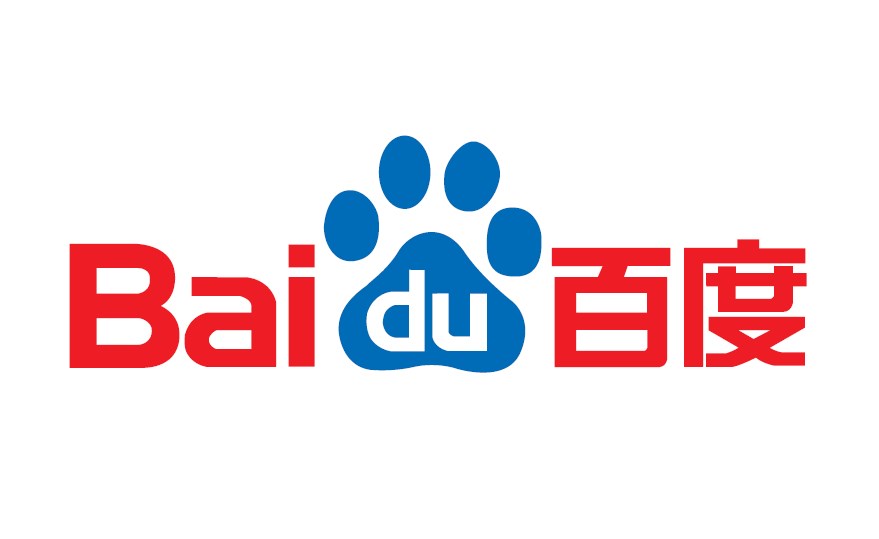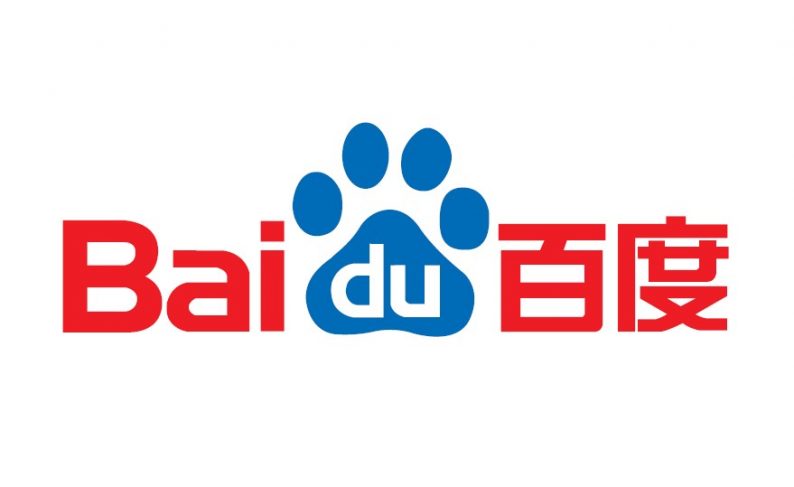By Clayton Browne
Chinese internet search giant Baidu (BIDU) has been on a spending spree lately, which has negatively impacted the bottom line. That said, revenues are up notably as well, so the money seems to be well spent. In specific, as reported late Thursday, third-quarter profit for Baidu was off 27% despite a sparkling 36% boost in revenue.

High expenses notwithstanding, Baidu’s third quarter results pleased Wall Street as the firm topped expectations for revenue and EPS, sending its NYSE-based ADR shares rocketing up 6.8% to $180.50 in after-hours trading. Of note, the search and ecommerce conglomerate has completed a $1 billion share buyback announced earlier this summer, and said it would do another round of buybacks, this time for up to $2 billion over the next 24 months.
More on Baidu third quarter report
In its conference call for third quarter earnings, the firm expressed confidence regarding weathering the ongoing slowdown in the Chinese economy. “We serve a very diversified customer base and I think we are quite resilient in good times and bad, so I think we don’t feel anything major compared to the macro environment,” Baidu CFO Jennifer Li noted during the call.
Occasionally referred to as China’s Google, has been on a massive spending spree to grab market share in the “transaction services” sector, trying to connect online customers with brick-and-mortar services including food delivery and group purchases. Analysts note that a good bit of Baidu’s spending in this market has been offering discounts and deals to attract more users.
The decision to spend big on these currently unprofitable services is because they will eventually blend in with its lucrative search business to increase revenue through commissions from merchants, Baidu Chairman Robin Li explained.
Statement from Baidu Chairman Robin Li
“Transaction services [are] the biggest bet we are doing right now,” Li pointed out recently when speaking with analysts. “It does not give us much revenue, it’s losing a lot of money right now, but we think going forward it will become more and more important and will become part of our search business.”












Leave A Comment